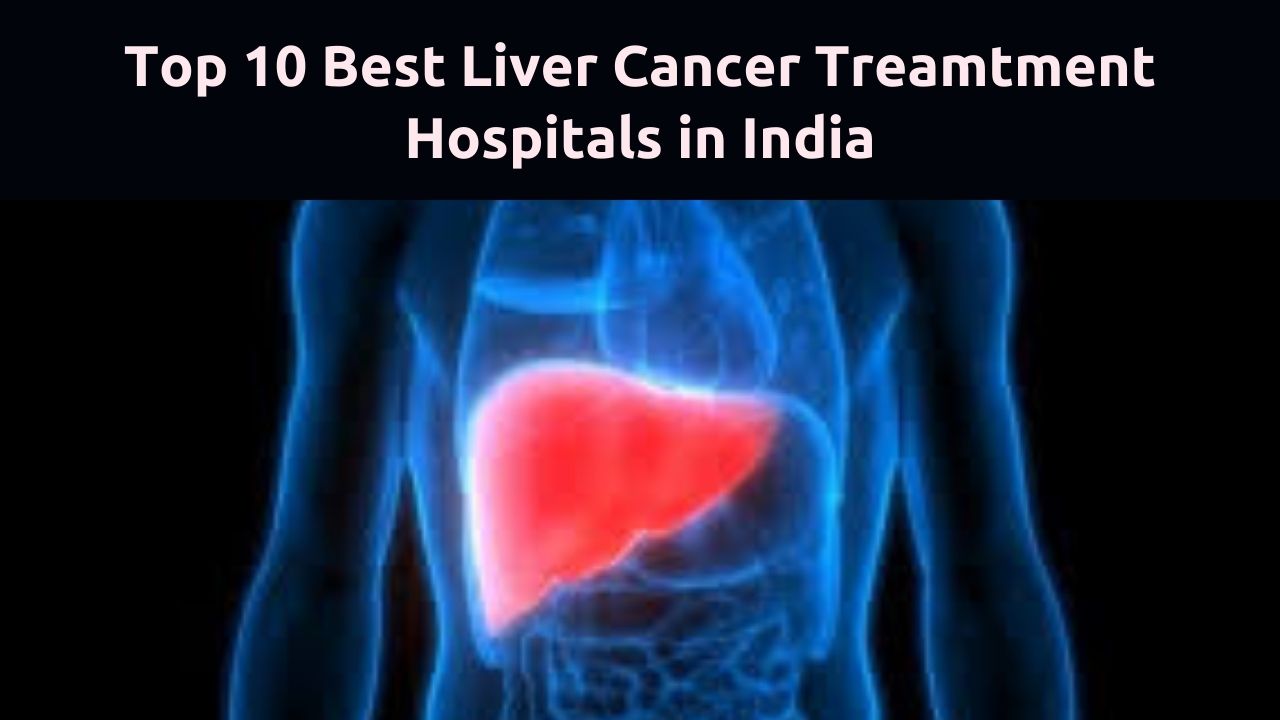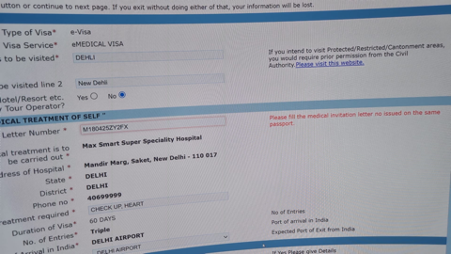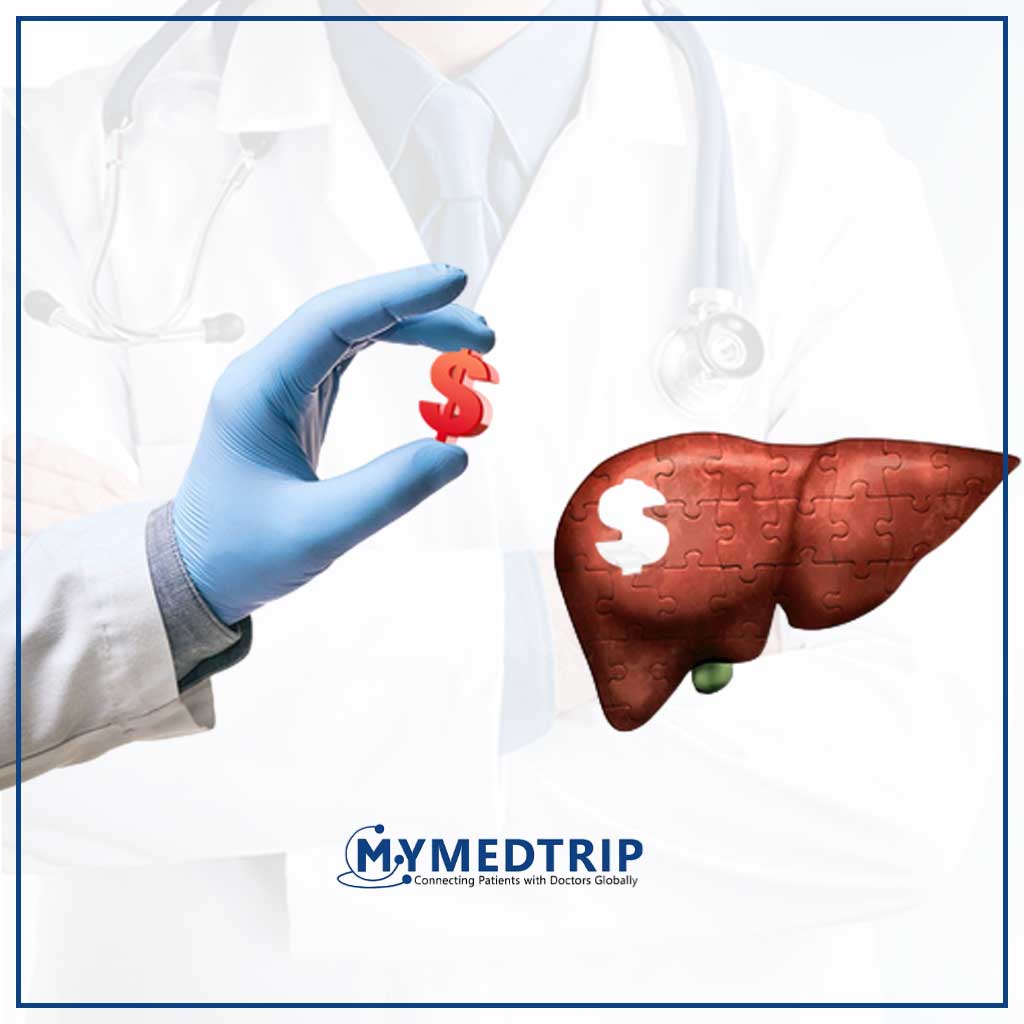
The liver is a basketball-sized organ located in the top right portion of your abdomen and sandwiched between the stomach and the diaphragm. The liver is the largest organ in the body and plays a significant role in digesting food.
Other functions of the liver include:
- It collects blood from the intestines and filters it.
- Processes and stores vital nutrients absorbed by the intestines.
- Taps into the stored nutrients and converts them into energy for repairing and building tissue.
- Ejects toxins found in the body.
- Helps regulate the body’s sugar levels.
Cancer, as we know, results from healthy cells turning rogue that grow out of control and end up as tumors. Tumors can be both malignant and benign. A malignant tumor can both grow in size and spread through the body. Benign tumors can grow in size but remain localized.
The two kinds of liver cancer can be classified as primary and secondary. While primary cancer begins in the liver, secondary cancer spreads to the liver from elsewhere in the body. This distinction is of great significance as the treatment administered will vary depending on whether it is primary or secondary.
Diagnosing liver cancer:
To begin with, a comprehensive physical exam will be conducted by your doctor. During this phase, you will elaborate on any symptoms and medical history. Other procedures that would follow are:
- Testing for tumor markers.
- Imaging tests, including ultrasound, CT, and MRI scans.
- Liver biopsy.
Types of primary liver cancer in adults:
Within primary cancer, there are further classifications that are named after the cell in which the cancer develops.
- Hepatocellular carcinoma: Hepatocellular carcinoma is the most common form of primary liver cancer and occurs mainly in individuals with underlying chronic liver disease and cirrhosis. The cause of cirrhosis is usually hepatitis B or hepatitis C.
- Cholangiocarcinoma: Cholangiocarcinoma, or bile duct cancer, is a relatively uncommon form of cancer that forms in the bile ducts that carry the digestive fluid bile. It is mostly older adults who are affected by this form of liver cancer. Treating it involves a combination of surgery, chemotherapy, or radiation therapy.
- Angiosarcoma: Angiosarcoma is a very rare soft tissue tumor that develops in the inner lining of your blood and lymph vessels. It can affect any part of the body but most often can be seen in the skin, breast, liver, and spleen.
Potential symptoms of liver cancer:
In its early stages, liver cancer usually does not display any symptoms, or it can be hard to spot. The symptoms for both primary and secondary liver cancer are the same.
As the cancer grows, you may notice the following symptoms:
● Jaundice (yellow discoloration of the skin or whites of the eyes)
● Urine is of a dark shade.
● Stools are of chalky or white shade
● Fever
● Itchy sensation in the skin.
● Nausea and vomiting.
● Unexplained weight loss.
● Pain and swelling in the abdomen region.
- A noticeable lump in the abdomen’s right side.
Treatment options for liver cancer:
The treatment options for liver cancer are many and require a multi-disciplinary team of doctors on standby. These specialists may include:
- Surgical oncologist.
- Radiation oncologist.
- Medical oncologist.
- Gastroenterologist.
- Interventional radiologist.
- Surgery: There are two ways of using surgery to treat liver cancer:
- Partial hepatectomy: A partial hepatectomy is an option if there is only a single tumor that hasn’t yet reached surrounding blood vessels. Good overall liver function is another pre-condition for considering partial hepatectomy.
When the liver is in relatively good shape, it will re-generate and be capable of continuing its assigned function.
- Liver transplant: If cancer has become too widespread or the tumor is too large within the liver, a partial hepatectomy will no longer be viable. A total liver transplant would be the only way forward in such a scenario.
To undergo a full liver transplant, finding a donor with a healthy liver is necessary. The doctor may consider this option if the cancer is at an early stage and is confined to the liver.
- Interventional radiology: Interventional radiology consists of a set of minimally invasive procedures that use imaging guidance. Using imaging procedures, an interventional radiologist can target tumors through small injections or needle placements. Undergoing interventional radiology does not require a hospital stay.
- Tumour ablation: Tumout ablation uses heat or extreme cold to burn or freeze the liver cancer away. Ablation is an option when performing surgery on the tumor is unlikely to yield the desired results.
- Embolization: Embolization restricts blood flow to specific blood vessels, starving the cancer cells of blood and resulting in their death. Chemotherapy or radiation therapy may be administered during an embolization to treat a tumor.
The two kinds of embolization therapy are:
- Chemoembolisation: Tiny beads are soaked in chemotherapy medication or other anti-cancer drugs and injected into arteries carrying blood to the tumor. As this procedure directly targets the tumor, it can combat the cancer more effectively.
- Radioembolisation: Radioembolization is a cancer treatment procedure where an interventional radiologist delivers tiny radioactive beads via the hepatic artery. This artery is the one through which most tumors get their blood supply.
These beads lodge themselves in the tumor and emit radiation that rids the body of the cancer cells. This method helps preserve the surrounding healthy tissue while maximizing the effectiveness of the radiation.
- Immunotherapy: Your immune system is capable of identifying and destroying abnormal cells, including cancerous ones. Immunotherapy makes use of the patient’s immune system by helping it restore the body’s natural defenses against cancer that the disease has weakened.
Some options for immunotherapy are:
- Checkpoint inhibitors: Your immune system has inbuilt checkpoints to prevent it from getting overly aggressive. Checkpoint inhibitors turn off those checkpoints, enabling them to attack the cancerous cells more aggressively while sparing the normal cells.
- Adoptive cell therapy (T-cell transfer therapy): This is another option for improving your immune system’s ability to take on cancerous cells. Healthcare providers will extract your immune cells and grow them in a laboratory. Once it has grown to sufficient numbers, they are inserted back into your body so they can get to work.
- Monoclonal antibody therapy: Antibodies are the first line of defense when your immune system is under threat and help combat the infection by marking them as alien. Monoclonal antibody therapy for cancer relies on lab-made antibodies to support your existing antibodies to control the tumor.
- Ablation: Ablation helps to destroy tumors without resorting to surgery. This option is best suited in the case of several small tumors or when a person cannot undergo surgery due to health complications or reduced liver function.
Ablation can be carried out by doctors on tumors three centimeters or smaller. They may consider using it on larger tumors in combination with other treatments, such as embolization.
There are several types of ablation, including:
- Radiofrequency ablation: Doctors insert a thin needle into the tumor and use a high-frequency current to destroy the cancer cells. This method is commonly adopted for small tumors.
- Microwave ablation: In microwave ablation, electromagnetic waves are used to take out cancer cells.
- Percutaneous ethanol injection: Concentrated alcohol is injected through a probe into the tumor to kill cancer cells.
- Cryoablation: Cryoablation is also known as cryotherapy and freezes and destroys the tumor by passing cold gasses into it via a probe.
Liver Cancer Treatment Cost in India
The cost of liver cancer treatment in India ranges from USD 2800 (INR 230,000) to USD 5500 (INR 450,000), depending on the kind of treatment required.
The factors that have a direct bearing on the cost of treatment are:
- Diagnostic tests have an essential role to play in helping doctors analyze and work on a tailor-made solution for treating the patient.
- The doctor’s recommendation of what course to follow will also affect the cost of treatment. This may include surgery, radiation, or chemotherapy. A combination of more than one treatment option may be recommended.
- The treatment regimen depends on the stage of the cancer and the prognosis.
- Even the number of chemotherapy and radiation sessions will alter the cost of treatment.
- The doctor will consider the patient’s medical history before deciding on the course of action, such as the dosage of drugs to administer.
- Lastly, the level of facilities provided during the duration of the stay, the expertise of doctors involved, and the city in which the patient seeks treatment all have a bearing on the cost of treatment.
Top 10 best Liver Cancer Treatment hospitals in India
How does one go about selecting the best hospital for liver cancer treatment in India, particularly when there are so many vying for that title? Look for hospitals that provide both standard and experimental treatments should you wish to consider that option. They must also be equipped with the latest technologies for curing cancer to increase the chances of recovery.
Here are some of the best hospitals you may consider for your cancer treatment journey:
- Dharamshila Narayana Superspeciality Hospital, Vasundhara Enclave, New Delhi
- Apollo Cancer Institute, Sarita Vihar, Delhi Mathura Road, New Delhi
- Artemis Hospital, Sector 51, Gurugram
- Fortis Flt. Lt. Rajan Dhall Hospital, Sector B, Aruna Asaf Ali Marg, New Delhi
- Max Institute of Cancer Care, 108 A, Indraprastha, New Delhi
- Millennium Cancer Center, Plot No.6, Ground Floor, Sector 44, Gurugram
- Metro Hospital & Cancer Institute, 21, Acharya Nagraj Marg, Preet Vihar, New Delhi
- Continental Cancer Institute & Radiation Center, Plot No. 3, Road No. 2, IT & Financial District, Hyderabad
- Apollo Specialty Hospital, 320, Anna Salai, Teynampet, Chennai
- Nanavati Hospital, Swami Vivekanand Road, Vila Parle West, Mumbai
Top 10 best Liver Cancer Treatment Doctors in India
A hospital is only as good as the doctors present who are capable of utilizing all the facilities the hospital will have on offer. To that end, here are some of the best doctors for liver cancer treatment in India.
- Dr. Arun Linguta, American Oncology Institute, Hyderabad
- Dr. Anusheel Munshi, Fortis Memorial Research Institute, New Delhi
- Dr. Poonam Patil, Manipal Hospital, Bangalore
- Dr. Naidu Bethune, Continental Cancer Institute & Radiation Center, Hyderabad
- Dr. T.G. Sagar, Cancer Institute, Chennai
- Dr.Ashish Joshi, Nanavati Hospital, Mumbai
- Dr. Dipanjan Panda, Apollo Cancer Institute, New Delhi
- Dr. Nandini Hazarika, Fortis Memorial Research Institute, New Delhi
- Dr. D.Ayyappan, Apollo Specialty Hospital, Chennai
- Dr. P.N.Mohapatra, AMR Hospital, Kolkata
My Med Trip is one of the best medical tourism companies in India. We are offering complete medical tourism services in India for foreign patients. We also provide free medical consulting with appointments with the best hospitals and doctors in India. Our main medical tourism services are kidney transplant cost in India, liver cancer treatment, liver transplant in India, best kidney transplant hospital in India, shoulder replacement in India, brain tumor surgery cost in India, knee surgery, top heart hospital in India, bone marrow transplant in India, hip replacement, best cardiologist in India etc.








